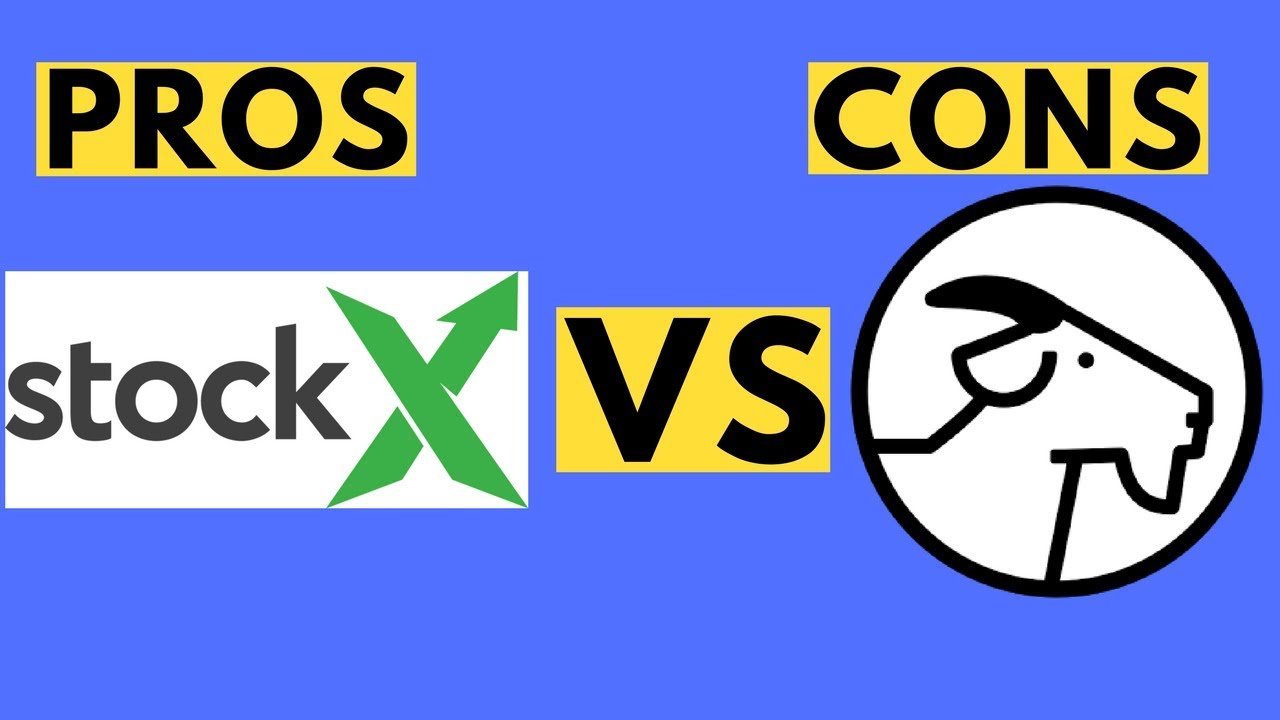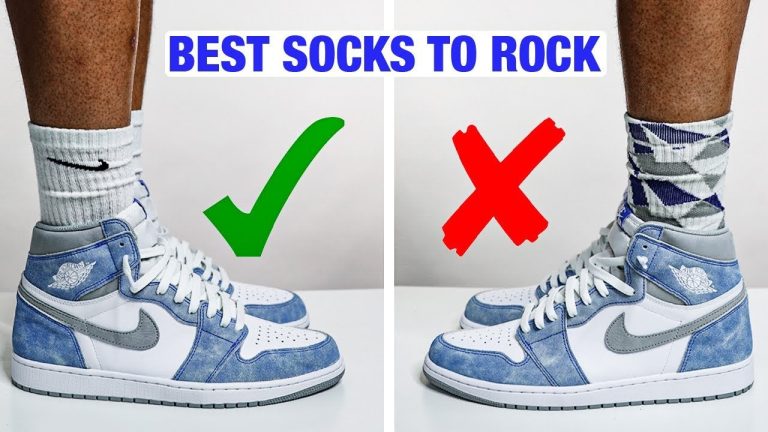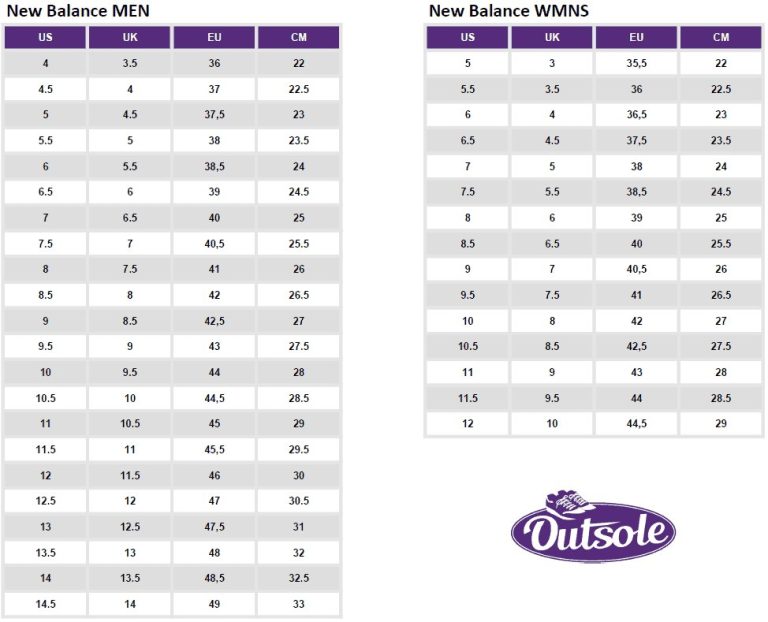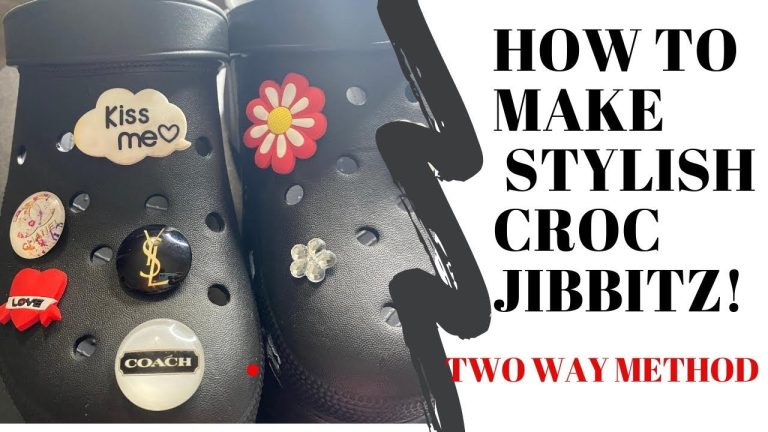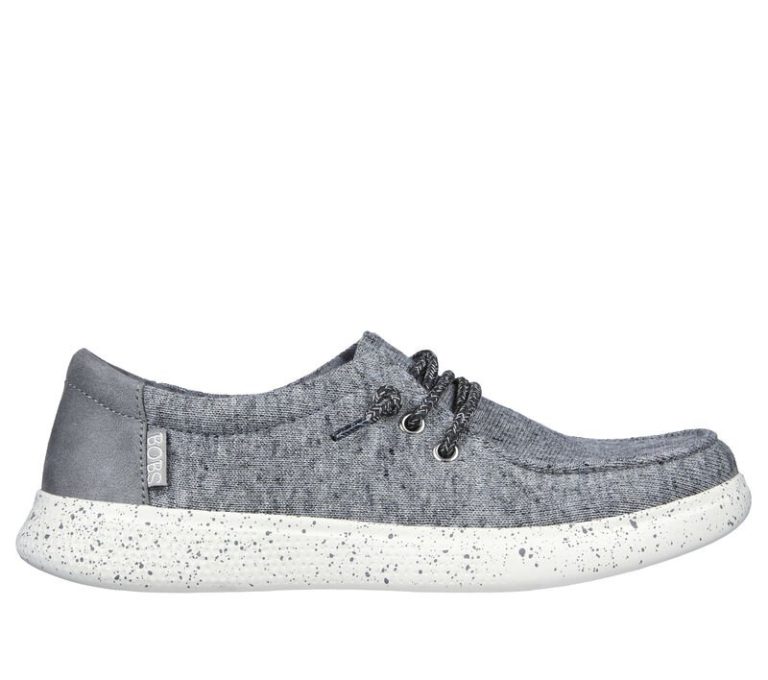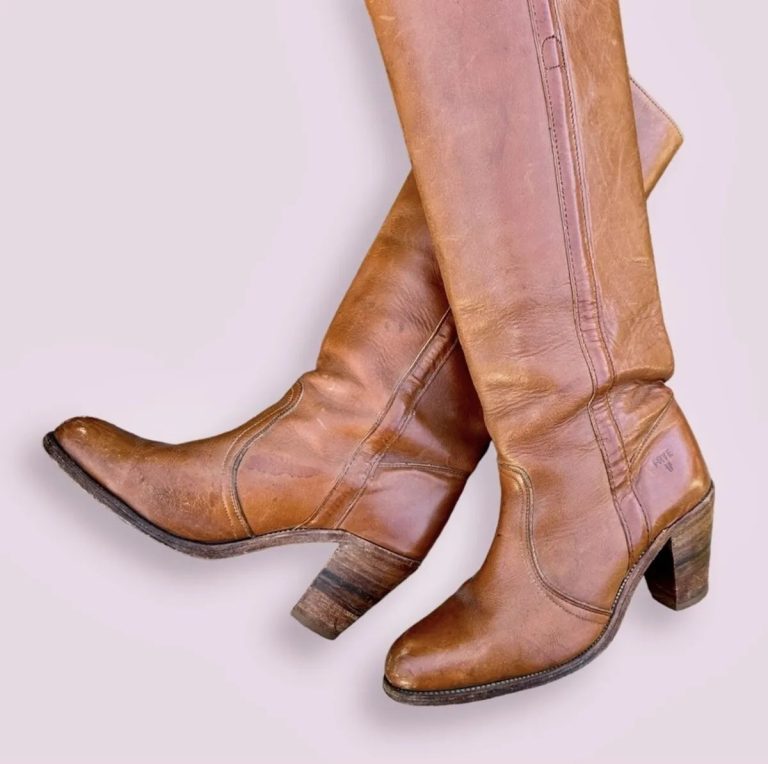Are you curious about the fees charged by StockX and GOAT? Look no further! In this blog article, we will delve into a detailed comparison of the fees imposed by these two popular sneaker marketplaces. Whether you’re a buyer or a seller, understanding the fees associated with each platform is crucial for making informed decisions and maximizing your profits. So, let’s dive right in and explore the world of StockX vs GOAT fees, giving you the knowledge you need to navigate these platforms with confidence.
StockX vs GOAT Fees
Introduction
When it comes to buying and selling sneakers and streetwear, StockX and GOAT are two popular platforms that have gained significant traction in the sneakerhead community. Both platforms offer a safe and reliable marketplace for enthusiasts to find and purchase their favorite kicks. However, one key aspect that potential buyers and sellers consider is the fees associated with using these platforms.
In this article, we will delve into the comparison of fees between StockX and GOAT. We will explore the various fees charged by each platform, how they are calculated, and the impact they can have on buyers and sellers. By the end of this article, you will have a comprehensive understanding of the fee structures for both StockX and GOAT, allowing you to make informed decisions before conducting any transactions.
How Fees are Calculated
Before we analyze the specific fees charged by StockX and GOAT, it’s important to understand how these fees are calculated. Both platforms operate on a similar principle when it comes to determining fees.
When a seller lists an item for sale, they set a sale price. However, once the item is sold, the platform deducts a percentage-based transaction fee from that price. Additionally, the platforms may charge additional fees for services like authentication, shipping, and processing. These additional fees can vary depending on the nature of the transaction.
StockX Fees
StockX charges two main types of fees: a transaction fee and a payment processing fee.
– Transaction Fee: StockX’s transaction fee is based on a percentage of the final sale price. The fee structure varies depending on the product category. For sneakers, the fee ranges from 9.5% to 14.5%, while for streetwear, it ranges from 14.5% to 18.5%. The fee also includes StockX’s authentication service.
– Payment Processing Fee: StockX also charges a payment processing fee, which is a fixed percentage of the sale price plus the transaction fee. This fee covers the costs associated with processing payments securely. The payment processing fee varies depending on the payment method selected.
GOAT Fees
GOAT also has a transaction fee and additional fees for services like authentication, shipping, and processing.
– Transaction Fee: GOAT’s transaction fee is based on a percentage of the final sale price. The fee structure varies depending on the seller’s location, ranging from 9.5% to 15%. The fee covers the costs of maintaining the platform, handling customer support, and providing a secure marketplace.
– Additional Fees: GOAT charges additional fees for services like authentication, shipping, and processing. These fees are determined based on the specific transaction details and can vary accordingly.
Comparing the Fees
Now that we have an understanding of how fees are calculated for both StockX and GOAT, let’s compare them in detail.
Transaction Fees
When it comes to transaction fees, both platforms have a similar structure. However, the specific percentages applied can differ based on the product category and seller’s location.
– StockX: StockX’s transaction fee ranges from 9.5% to 18.5%, depending on the product category. Sneakers generally have lower transaction fees compared to streetwear.
– GOAT: GOAT’s transaction fee ranges from 9.5% to 15%, depending on the seller’s location. The fees are consistent regardless of the product category.
While StockX does offer a wider range of product categories, it’s important to note that the transaction fees can be higher for streetwear items compared to GOAT. However, the difference in fees may vary depending on specific transactions and market conditions.
Additional Fees
Apart from the transaction fees, both StockX and GOAT charge additional fees for services such as authentication, shipping, and processing. These fees can impact the overall cost of using the platforms.
– StockX: StockX includes the cost of authentication in its transaction fee, which means buyers do not have to pay an additional fee for this service. However, shipping fees may apply, depending on the location and shipping method chosen.
– GOAT: GOAT charges a separate fee for its authentication service. The fees range from $10 to $30 per item, depending on the item’s value. Shipping fees may also apply, depending on the shipping location and method chosen.
It’s important for buyers and sellers to consider these additional fees when comparing the overall cost of using either StockX or GOAT. Depending on the specific transaction details, the difference in fees for additional services can have an impact on the total cost.
In conclusion, both StockX and GOAT offer reliable platforms for buying and selling sneakers and streetwear. When it comes to fees, StockX generally has a higher transaction fee range compared to GOAT, especially for streetwear items. However, StockX includes the authentication fee within its transaction fee, while GOAT charges a separate fee for this service.
Buyers and sellers should consider their specific needs and preferences when choosing between StockX and GOAT. Factors such as product category, transaction volume, and location can influence the overall cost and value provided by each platform. It’s essential to weigh these factors and consider the fees in the context of the overall user experience before making a decision.
Whether you opt for StockX or GOAT, both platforms provide a secure and reputable marketplace for sneaker enthusiasts. By understanding the fee structures and comparing them effectively, you can make informed choices that align with your buying or selling objectives in the sneaker and streetwear market.
StockX vs GOAT vs eBay
Frequently Asked Questions
What fees are involved when using StockX?
When using StockX, buyers are charged a transaction fee which is calculated as a percentage of the final sale price. The percentage varies depending on the item category, ranging from 3.5% to 9.5%. Sellers, on the other hand, are subject to a transaction fee of 9.5% for most items. Additionally, both buyers and sellers may incur payment processing fees if using certain payment methods, such as PayPal.
What fees do I need to consider when using GOAT?
When using GOAT, buyers are charged a transaction fee that ranges from 9.5% to 27.5%, depending on the item category and seller location. This fee covers authentication, shipping, and customer service. Sellers are also subject to a commission fee that ranges from 9.5% to 30%, based on the sale price and item category. GOAT may also charge additional fees for international shipping and certain payment methods.
Which platform has lower fees, StockX or GOAT?
StockX generally has lower fees compared to GOAT. While the transaction fees for buyers on StockX range from 3.5% to 9.5%, GOAT charges buyers a fee ranging from 9.5% to 27.5%. For sellers, StockX charges a 9.5% transaction fee, while GOAT imposes a commission fee ranging from 9.5% to 30%. In terms of overall fees, StockX tends to offer more cost-effective options.
Are there any additional fees when buying from StockX or GOAT?
In addition to the transaction fees, buyers should also consider payment processing fees. StockX and GOAT may charge fees for using certain payment methods, such as PayPal or credit cards. It’s important to review the fees associated with your preferred payment method before making a purchase on either platform.
Do StockX and GOAT charge fees for returns or cancellations?
Both StockX and GOAT have policies regarding returns and cancellations that may involve fees. StockX charges a restocking fee of 15% if a seller chooses to cancel an order. GOAT, on the other hand, currently does not mention any specific fees for cancellations. Returns on both platforms may be subject to additional shipping and handling fees, so it’s best to review their respective return policies for more information.
Can I avoid fees on StockX or GOAT?
No, the fees charged by StockX and GOAT are mandatory for all transactions. These fees cover various services, such as authentication, shipping, and customer support, ensuring a secure and reliable marketplace experience. While you cannot avoid the fees entirely, you can compare them and choose the platform that offers the most reasonable fees based on your needs as a buyer or seller.
Final Thoughts
In conclusion, when comparing the fees of StockX and GOAT, it is clear that both platforms have their own advantages and disadvantages. StockX offers lower seller fees, making it appealing for individuals looking to sell their items. On the other hand, GOAT provides a more streamlined and secure buying experience for consumers. Considering the importance of fees in the online sneaker market, individuals should carefully assess their specific needs and preferences before choosing between StockX and GOAT. By understanding the fees associated with each platform, sneaker enthusiasts can make informed decisions and maximize their buying or selling experience.
